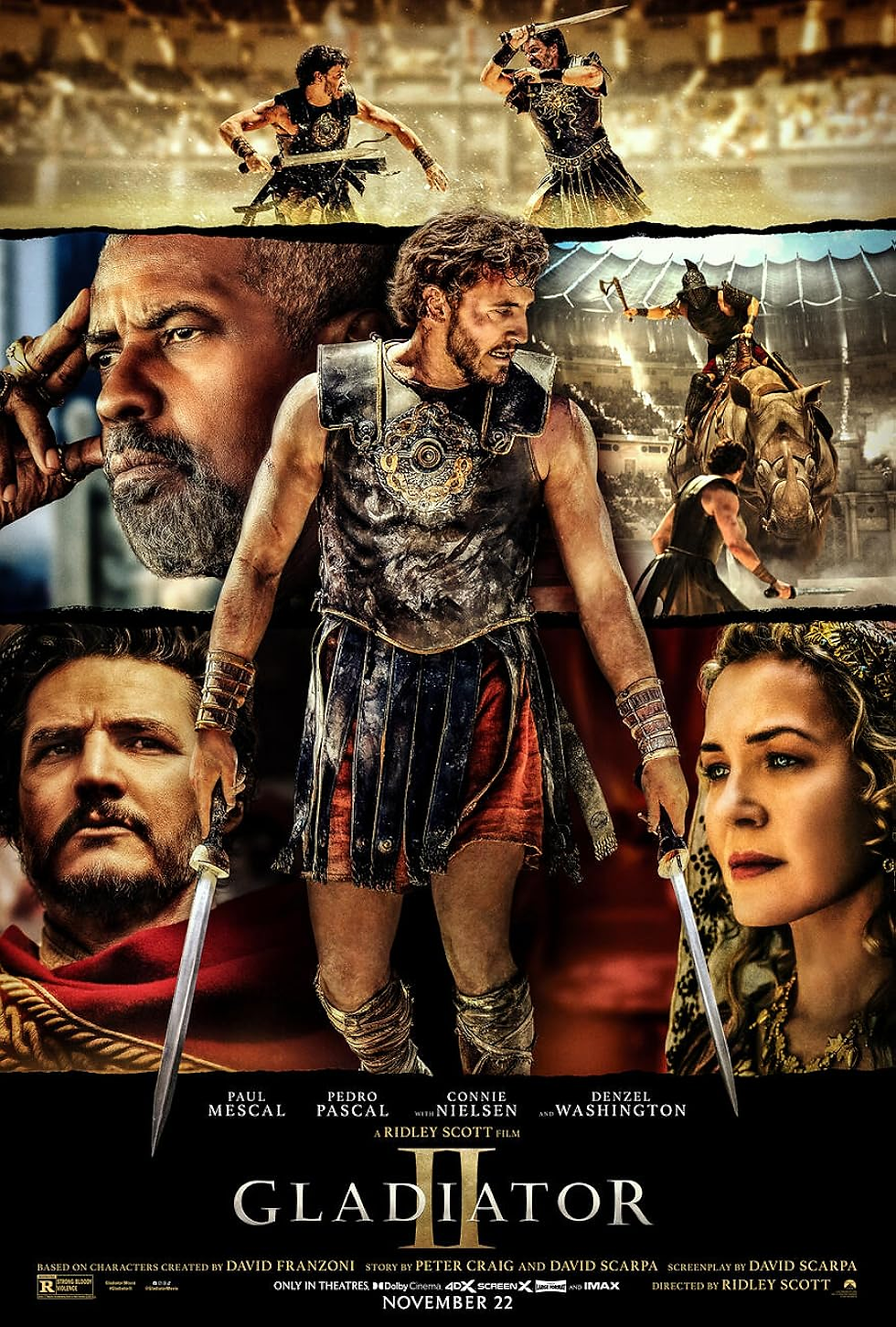TÁR (2022)
- 321 Film
- Oct 29, 2022
- 4 min read
Rating: 8.3

“Tár” is a movie to be absorbed. I am still processing it, trying to work out exactly how I feel about the questions it posed. This was the first time I have seen a Todd Field film, and I wasn’t sure what to expect going in. This movie really stood out to me as being something unique, mostly in how it presents ideas and themes throughout the film. Where most movies predetermine how they want their audience to feel about a certain subject, this one leaves it up to the audience members to determine for themselves how they feel about the themes presented. I really liked this and found it engaged me more as an audience member; it was as if the film was asking me how I felt about what I was seeing, pushing me to reflect on how I see these themes in the real world. I really liked this approach, and it allowed the movie to feel very open-ended. A lot is up to the audience to interpret for themselves, the difficult thing with this movie is it’s hard to see what the movie is trying to say, because it is so open-ended. Points are made for both sides, and it is difficult to understand if we are supposed to take away a central thesis or not. And genuinely, I don’t think we are. As I said above, Todd Field is not trying to say anything himself, he is trying to encourage us as audience members to think deeper and answer for ourselves what the meaning is. Therefore after one viewing I don’t feel like I have the best grasp on what happened and the ideas presented and what it all meant, it is a film I will have to really rewatch and study to get the most out of it. It’s refreshingly difficult to “put this movie in a box”, and the more I think and talk about it I realize that I end up thinking about and reflecting on the world and the cultural moment we are in, which is what the movie is trying to get us to do.
That all being said, I will admit I did feel a bit cold coming out of the film. I wasn’t sure how much I cared about what was happening. Some themes covered are cancel culture, separating the art from the artist, and power dynamics and manipulation within those. Part of me is watching going: yes, this is a well-made movie and the dialogue is witty and dense, and the film is intellectual. But the other part wasn’t really always on the film’s wavelength, and I am not really sure why. It could be because the main character is elusive, secretive and unemotional, but I think it is more due to the abstract nature of the film. I do like that Todd Field does respect the audience’s intelligence; the details are there in the writing for you to figure out, but the film never spells it out to you. It never paints a full picture of her life, instead letting certain details help you to fill in the blanks. The movie is also built on long, extended conversations, with the first three scenes taking up the first 30 minutes of the movie. The dialogue was so well written, very witty and very dense, and kept these scenes from feeling overlong, I especially loved the one in the lecture hall and was amazed at how the pretty much 10 minute monologue scene was all one shot.
Huge kudos has to be given to Cate Blanchett for an amazing performance here! The long dialogue scenes work because of her pitch perfect delivery… this might be the best work I have ever seen her do. She elevates every single scene, she doesn’t hesitate and never breaks despite long dialogue scenes. It was fascinating to watch, and I am ready to pretty much guarantee a Best Actress nomination (and probably a win)!
The sound was also quite interesting in this film, most notably the score… because there didn’t seem to be a score. Which is weird, because the film has a composer. Most of the music we hear is the music we see Blanchett’s character conducting. What is interesting is the composer actually designed sounds throughout the film, creating subtle musical rhythms throughout the film. It’s quite an interesting approach that I haven’t seen before. I did love the orchestra scenes though, the music sounded so good and it was so cool to see it truly responding to Blanchett’s conducting.
This movie isn’t a weird or bizarre art film, it’s truly a watchable, patient character study. The highlight for me was indeed Blanchett’s performance, and I also liked how the film approached the themes and ideas it wanted to explore. I didn’t love it, it’s not the best movie this year like some will say, but I did really enjoy it, even though I am still trying to figure it out!
•
IMDb Rating: 8.2/10
Rotten Tomatoes Score: 94%
RT Audience Score: 76%
Metacritic Score: 91
CinemaScore:
•
Focus Features
Written & Directed by Todd Field
Cast: Cate Blanchett, Noémie Merlant, Nina Hoss, Sophie Kauer, Julian Glover, Allan Corduner, Mark Strong
Runtime: 2hr 38min
Rating: PG
Comedy, Music
•
Set in the international world of Western classical music, the film centers on Lydia Tár, widely considered one of the greatest living composer-conductors and first-ever female music director of a major German orchestra.
•
Fun Fact: Scenes of the Orchestra playing are completely 100% real. Cate Blanchett was actually conducting the Dresden Orchestra.
•









Comments